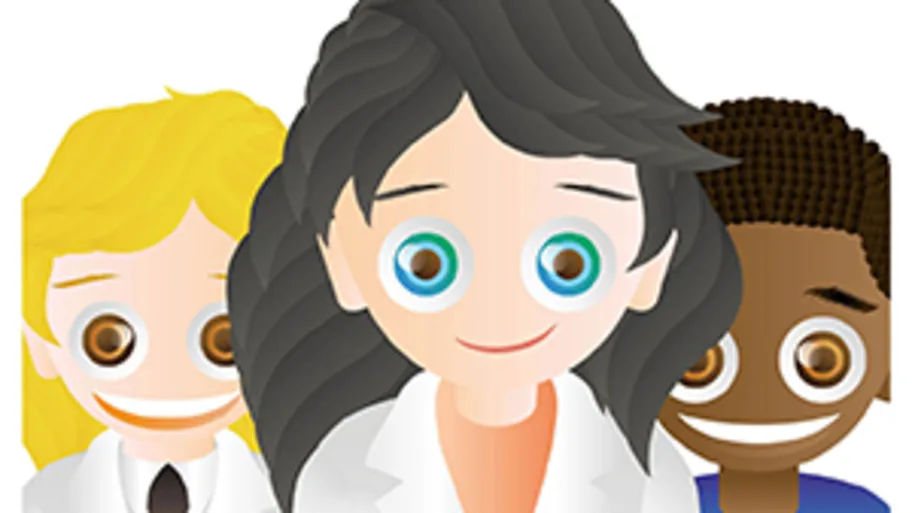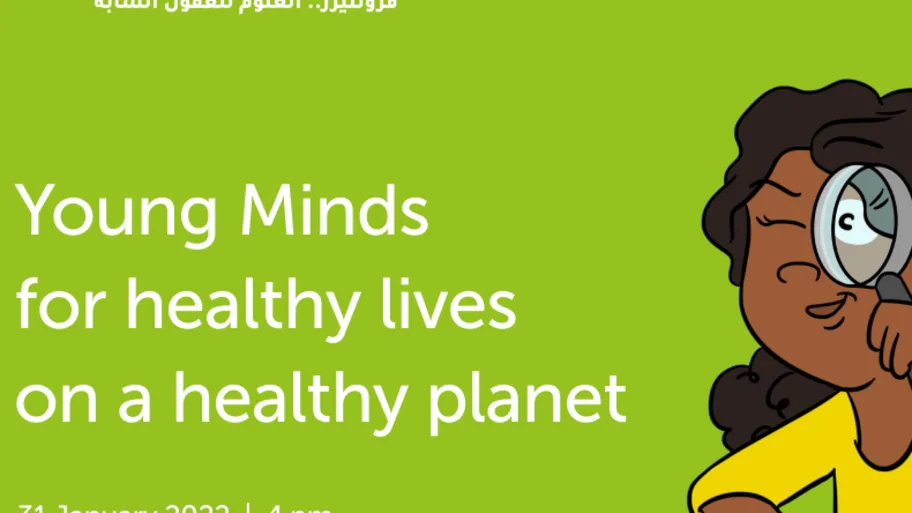
- Science news
- Young Minds
- Diversity and inclusion from a young age
Diversity and inclusion from a young age

This week is Peer Review week and what better way to highlight this year’s theme of Diversity and Inclusion than by celebrating our growing and diverse Frontiers for Young Minds community?
— By Francesca Tettamanzi, Peer Review Operations Specialist at Frontiers
As a non-profit scientific journal for a younger audience, we at Frontiers for Young Minds work with a twist_:_ articles written by scientists are reviewed by kids that assume the role of peer reviewers. To date 1,200 kids and teens have been involved in peer reviewing the latest discoveries, now freely available as educational resources and creating a direct link between scientists and the public.
Michelle Juarez, author of How Does a Fruit Fly Say “Ouch”? is one of the 500 authors who took up the challenge of making their research available to a younger audience. We asked Michelle what diversity and inclusion in peer review means to her: “The Frontiers for Young Minds model of publishing is an open model that breaks down barriers between scientists and the public. It engages the next generation to contribute to the review process and helps the scientist develop a communication style that expands the impact of their original article.”
At Frontiers, diversity and inclusion means involving the whole community, independent of gender, ethnicity, or socio-economic status. In every review, our Young Reviewers are encouraged to act as the experts that they are. By asking and answering questions, young people of all backgrounds can be inspired to pursue careers in research.
Michelle adds: “If more voices are present in the peer review process, then a deeper understanding of the science can be presented.”
Leading an Editorial Board with mentors from more than 30 countries, Frontiers for Young Minds Field Chief Editor Bob Knight envisions a bright future: “The next Madame Curie or Albert Einstein could be an 8 year old girl or boy living anywhere in the world.”
This is re-enforced by Josh Firth, author of How Do Birds Cope with Losing Members of Their Group? “Through providing child-friendly and open-access articles, Frontiers for Young Minds stands out as a major step forward for the scientific community in becoming inclusive across ages and financial settings. Further, the free-to-publish model means that this initiative is not only inclusive for the readers, but also inclusive for all potential authors across a diverse range of settings regardless of their access to funding.”
We are very proud to be able to celebrate the importance of Diversity and Inclusion in Peer Review, recognizing that, as Bob puts it: “Talent and motivation knows no borders, no color, no religion, and we strive to include kid reviewers from everywhere in the world.”
Do you want to be part of the diverse Frontiers for Young Minds community? Are you a fearless scientist brave enough to withstand the feedback of our Young Reviewers? See our author guidelines to get started!





